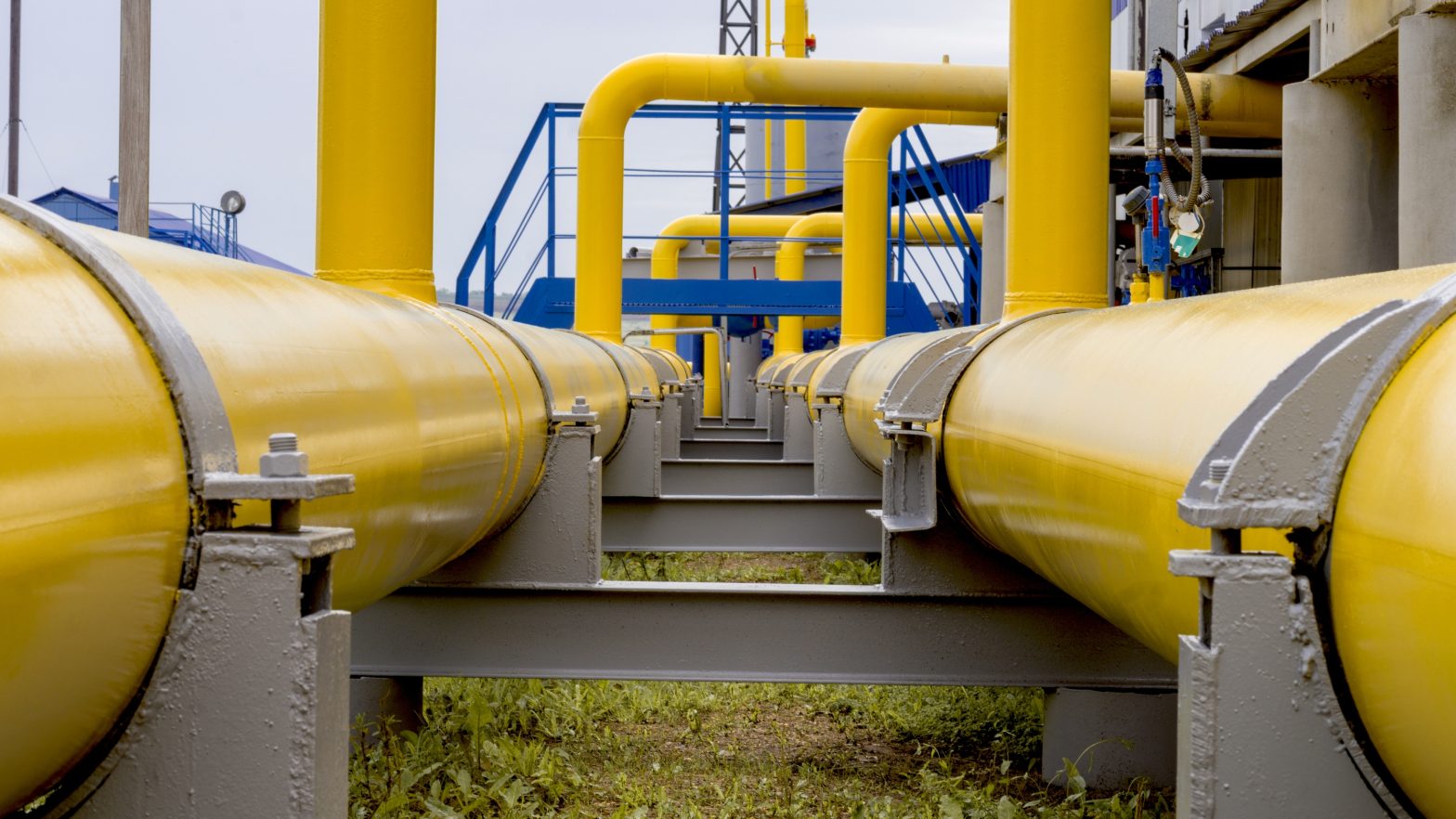Corrosive damage to pipelines poses a fundamental issue for industries that transport oil and gas over vast distances or other substances of significance through their pipelines The durability of these pipelines is crucial; however, corrosion gradually deteriorates their integrity and increases the risk of leaks environmental harm and expensive repairs It is vital to comprehend the reasons behind pipeline corrosion and the effectiveness of contemporary protective coatings such as polyurea, in reducing these threats to ensure the durability of pipelines
Metal corrosion happens when metal comes into contact with the surroundings and slowly deteriorates over time In pipelines this deterioration is sped up by being exposed to moisture chemicals and fluctuating temperatures The outer surface of pipelines is frequently in contact with soil water and air all of which play a role, in causing corrosion Inside pipelines materials that react chemically could also heighten the chance of corrosion If not adequately shielded these elements result in spots that could cause malfunctions jeopardizing the integrity of the whole pipeline network
Industries have been using coatings to protect pipelines from corrosion for many years now. While traditional options such as epoxy coatings offer some protection, they do come with drawbacks, like cracking or peeling over time in settings where pipelines face constant motion or varying temperatures. This is where polyurea coatings stand out with their advantages. Polyureas are known for their flexibility and strong ability to adhere well, to surfaces; they create a shield that stops corrosion from damaging pipelines inside and out.
Polyurethane coatings offer an advantage in their rapid curing process – they start to solidify within seconds after application! This setting time means projects can be completed faster with minimal delays for industries that require continuous operation without long breaks in production cycles; a significant shift indeed! Coating pipelines with polyurethane allows them to be swiftly restored and back, in service quicker than if conventional coatings were used. This effectiveness not only ensures the flow of operations but also shortens the time when the pipeline is susceptible, to environmental conditions that may cause corrosion.
Discussion about safeguarding pipelines often overlooks the adaptability of polyurethane coatings in environments where pipelines face movement or stress factors such as fluctuating temperatures or shifting soils. A coating that can expand and contract without developing cracks is essential in areas. The elasticity of polyurethane enables it to adjust along with the pipeline, ensuring a protective barrier even when under pressure. This flexibility plays a role, in averting cracks that could lead to exposure of the metal surface to moisture or chemicals, accelerating the corrosion process.
Polyurethane offers protection from environmental elements and has strong resistance to chemicals as well which makes it a perfect option for pipelines carrying corrosive materials that can potentially cause internal corrosion if the coating is not chemical-resistant enough. Its ability to resist chemicals ensures that the content being transported in the pipelines doesn’t interact with the coating thus preventing any deterioration inside. By creating a barrier that does not react with the substances within the pipeline itself helps in prolonging the lifespan of pipelines and decreasing the necessity, for frequent maintenance or replacements.
Water is a factor in causing corrosion in pipelines; especially in regions where pipelines are underground or submerged in damp soil. The presence of water can swiftly result in rust and various types of corrosion that can undermine the integrity of the pipeline. One key feature of polyurethane is its capacity to form a seal, against water infiltration. When polyurethane is used to coat a pipeline surface it creates an unbroken layer that stops water from seeping through. This waterproof shield keeps the metal below safe from corrosion in conditions to maintain the pipelines durability.
Discussions on polyurethane and polyurea coatings often overlook the significance of preparing surfaces before applying them to pipelines for maximum effectiveness of the bonding process with polyurethane material requiring a clean and rust-free surface devoid of any contaminants like dirt or rust to avoid potential adhesion problems that could compromise the coatings efficiency; experts, in polyurethane application recognize the pivotal role surface preparation plays in ensuring durable protection over time. Ensuring the surface is properly prepared is essential for the polyureathane coating to effectively adhere to the pipeline and form an dependable protective barrier.
Polyurethane coatings are well suited for safeguardin pipelines due to their resilience in varying temperatures in different seasons and climates unlike traditional coatings that may lose their effectiveness in extreme weather conditions like cold or heat fluctuations polyurethane coatings remain durable ensuring consistent protection for pipelines regardless of the temperature shifts making them a reliable choice, for diverse environments and climates.
Considering the impact of polyureas on minimizing maintenance expenses is a factor to take into account in this context.A lot of money and time go into maintenance activities associated with corrosion issues.By using a polyurethane coating on pipelines can help companies cut back on the need for inspections,replacements and repairs.This saving them money in the run.The investment in polyureas presents advantages over the upfront expenses making it an economical approach, for preventing corrosion.
In summary the issue of pipeline corrosion continues to pose a threat to the integrity of crucial infrastructure. Yet progress in coatings, such as polyurea and polyurethane presents a robust solution to this ongoing problem. With its drying time, flexibility, resistance to chemicals and ability to seal tightly polyurethane and polyurea emerge as top choices for preventing and addressing corrosion. By opting for coatings, businesses can guarantee that their pipelines will function smoothly remain secure and stay corrosion-free for many years ahead.

